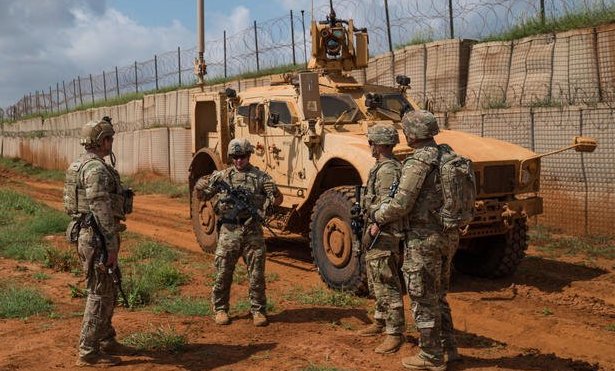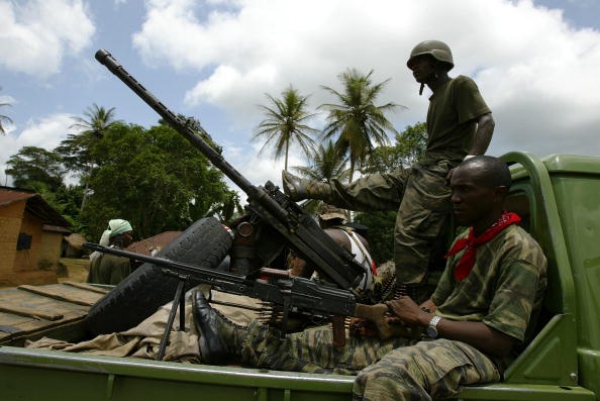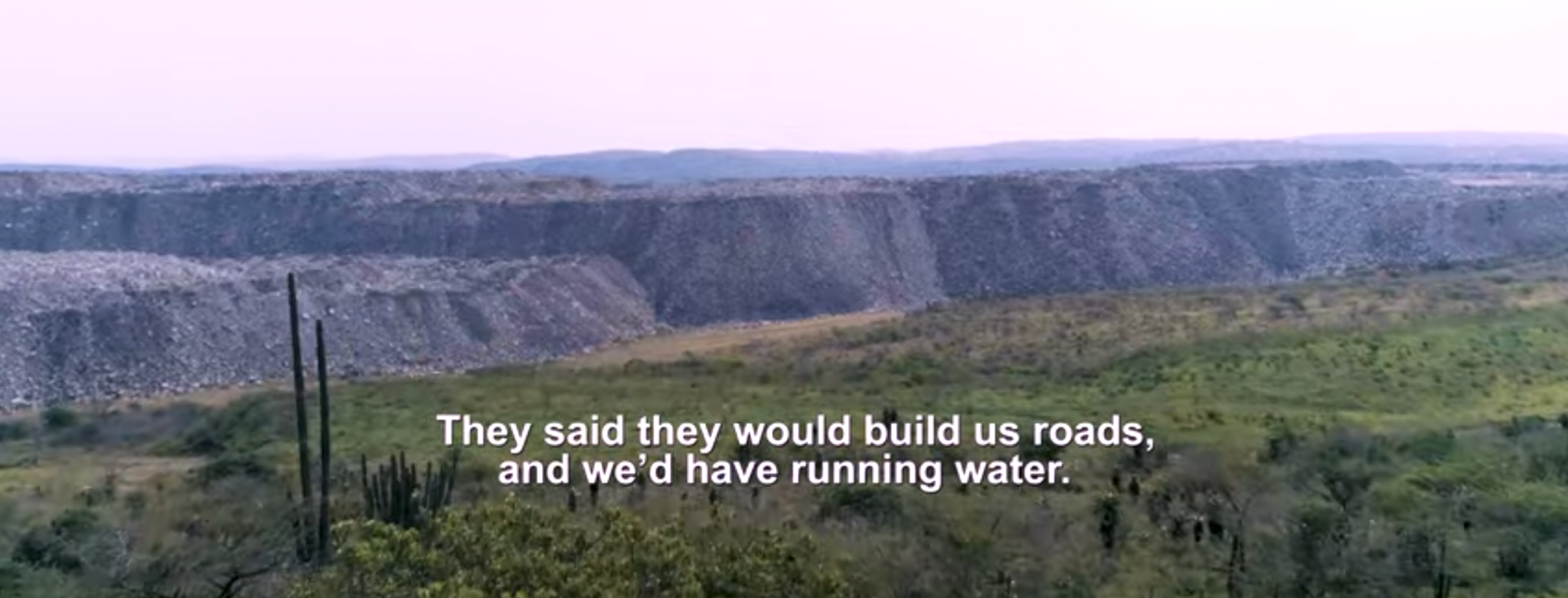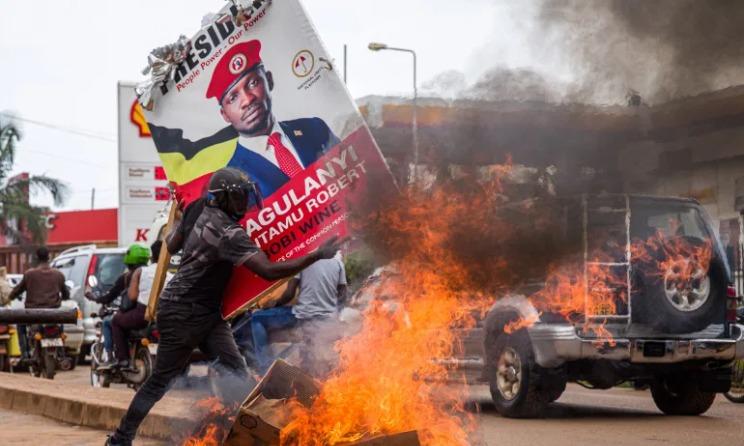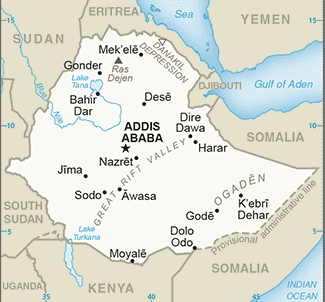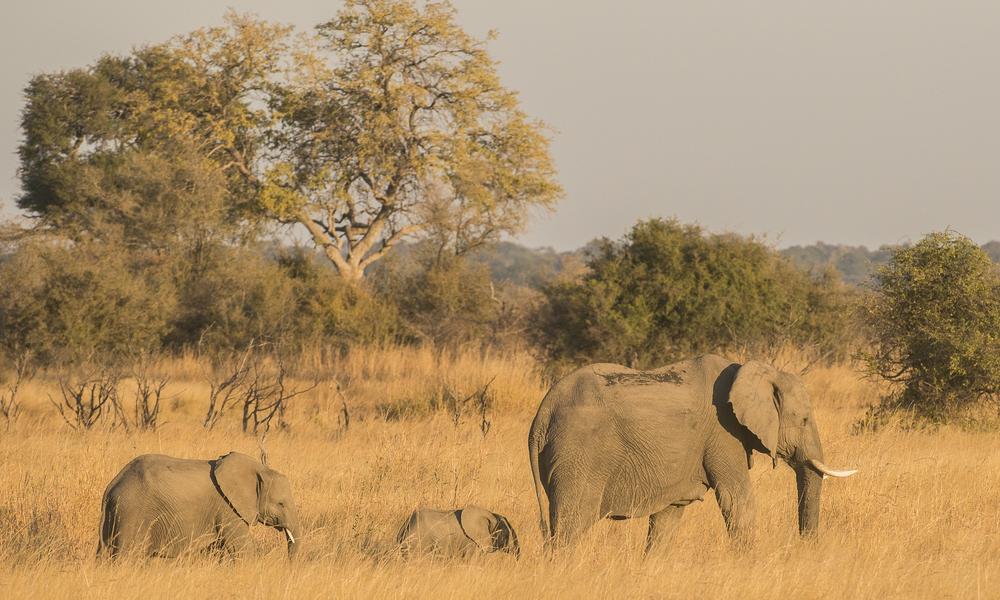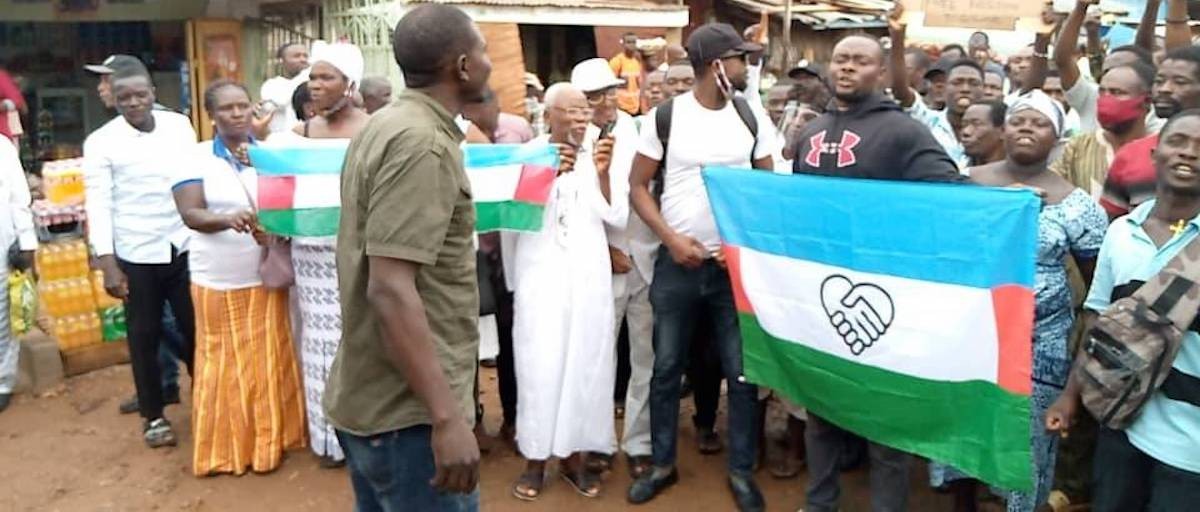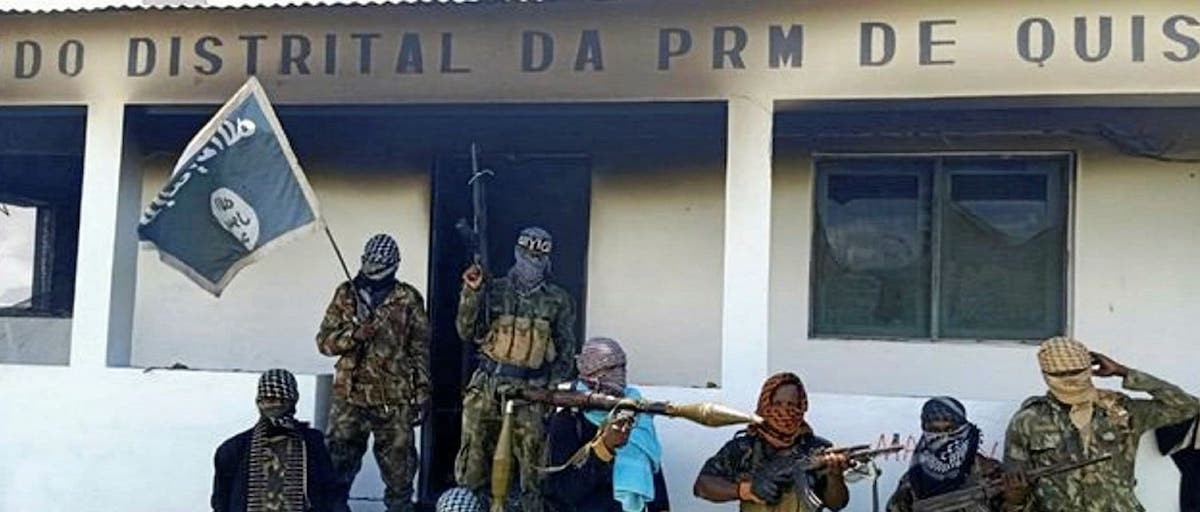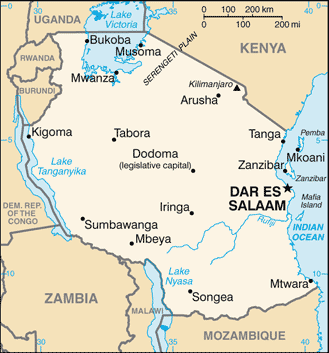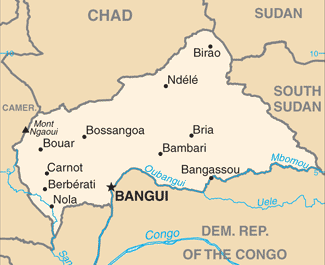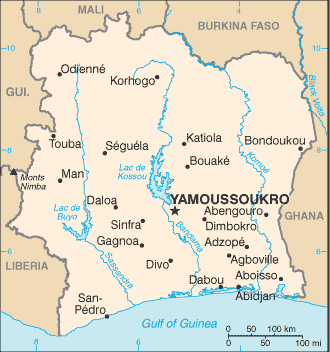Russia seeks naval base in Sudan —and Somaliland?
Just after Russia finalized plans to establish a naval base on the Red Sea in Sudan, Moscow’s UN ambassador for the first time weighed in diplomatically on the dispute between Somalia and the separatist enclave of Somaliland, urging both sides to find a compromise solution. The move sparked speculation within the region that Russia is seeking a second naval facility at Somaliland’s port of Berbera, on the Gulf of Aden which guards the southern mouth of the Red Sea. This would allow Russia to establish a counter-presence to US, French and Chinese bases in Djibouti, just across the land border to the northwest, as well as Turkish military forces in Somalia proper to the south. (Map: Somalia Country Profile)



